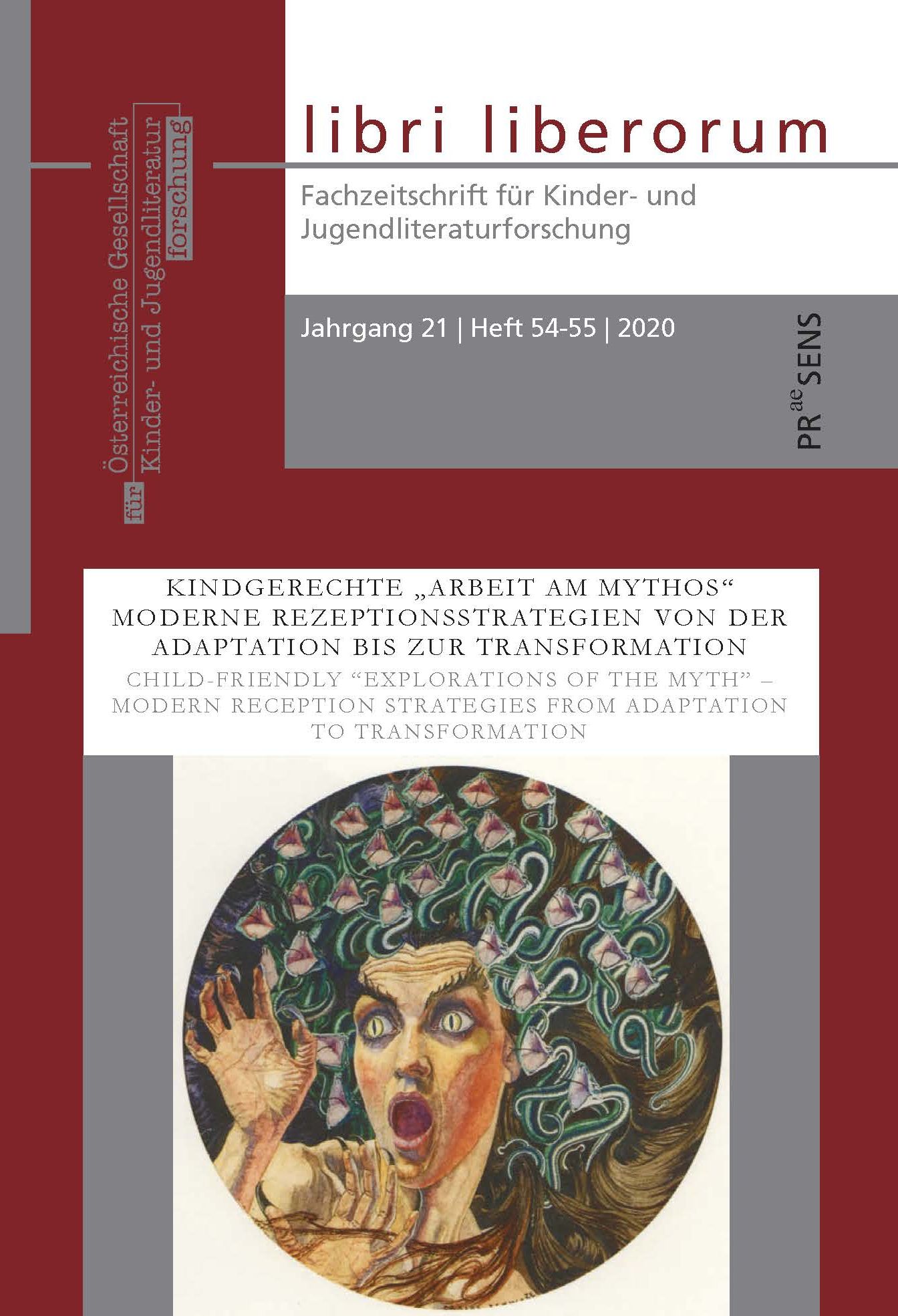Greek Mythology as Children’s Literature: Humour and Fantasy in Retelling the Greek Literary Anthology to Primary School Students
Keywords:
Greek mythology, humour, fantasy, children’s literature, adaptation of mythologyAbstract
The adaptation of mythology for children is not restricted to producing simplified versions. In the literary textbooks of Greek primary schools, the adaptation of mythology focuses on mitigating children’s psychological problems. Although children need adults’ protection, they sometimes feel like resisting their grown-up counterparts. In addition, physical immaturity frustrates children. Children generally want to attain strong and mature bodies like adults but cannot help accepting their own inferiority. Children’s typical rebelliousness towards adults should be expressed safely, and their frustration should be assuaged. Mythological characters can help in this regard. In adapted versions of Greek primary school textbooks, gods are like children – naïve and mischievous. When the childlike gods turn out to be omnipotent and defy supervision and authority from others, children find ‘super-child fantasies’ that satisfy their furtive desires to engage in such defiance. In the case of monsters, their physical strength is exaggerated in order to reduce their appeal. The exaggeration of monsters’ bodies generates humour, which devalues the appeal of mature bodies and relieves children of feeling inferior to adults.



